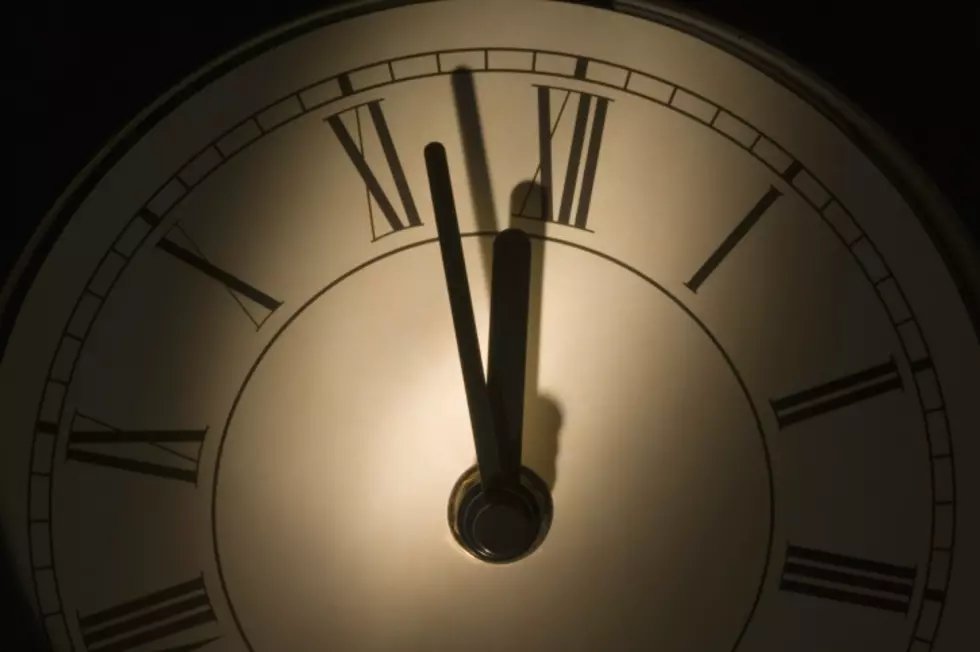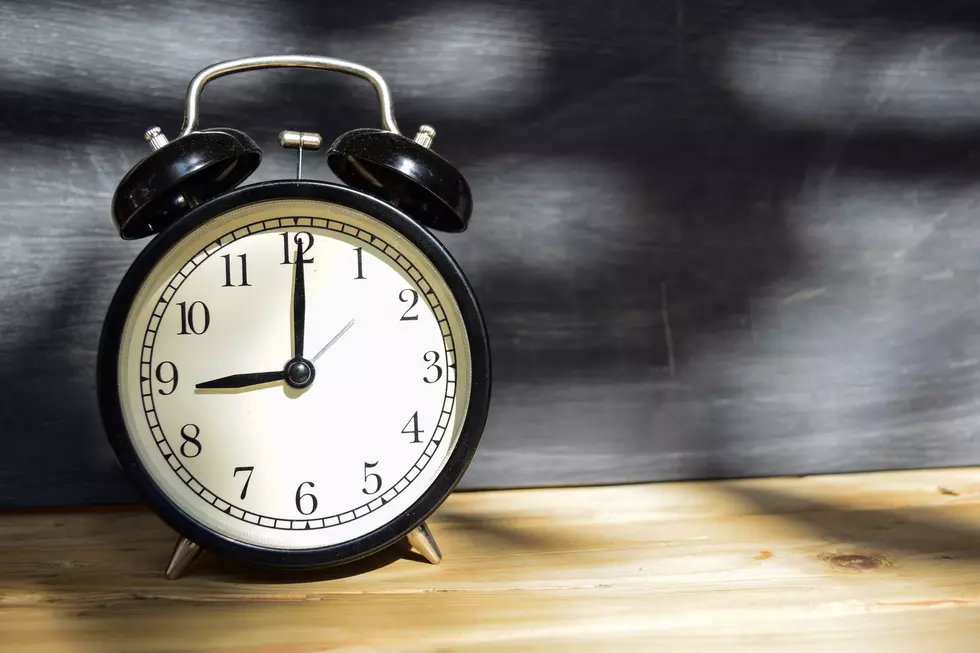
How a Satirical Essay Helped to Create Daylight Saving Time
Thanks a lot, Ben. Don’t get me wrong, Benjamin Franklin was such a huge part of history and we have him to thank for so many great things including the odometer, bifocal eyeglasses, the lightning rod, and more. We also have good ole’ Ben to thank, in part, for daylight saving.
Forget everything you learned in school about how daylight saving was created to help farmers way back in the day. While that may have factored into the decision of the United States to jump on board with the time change, it had nothing to do with the idea of creating it. All of that credit goes to Benjamin Franklin, who planted a seed.
That’s right, it was Benjamin Franklin who suggested that the people of Paris consider changing their sleep schedules because doing so would help them save money on lamp oil and candles.
And Then, It All Fell Apart
Okay, it didn’t exactly fall apart. Daylight saving has helped many people through the years, but one little satirical essay written by Benjamin Franklin in the spring of 1784 and published in the Journal de Paris set things in motion to create a time change still observed today.

One morning after waking with the sun and thinking about the amount of money people spent on candles and oil Franklin wrote,
Your readers, who with me have never seen any sign of sunshine before noon, and seldom regard the astronomical part of the almanac, will be as much astonished as I was, when they hear of his rising so early; and especially when I assure them, that he gives light as soon as he rises. I am convinced of this. I am certain of my fact. One cannot be more certain of any fact. I saw it with my own eyes.
Parisians Were Known for Sleeping Until Noon
You’ll have to keep in mind that at the time that Franklin wrote his essay, Parisians were known for sleeping in, rarely getting up before noon. Franklin was woken early one morning by a loud noise and when he opened his eyes and saw how bright his surroundings were, he thought he was basking in the glow of candlelight and was a bit startled to realize that it wasn’t the glow of a candle on his face but the sun.
Franklin Humorously Proposed How To Wake People Up
What if someone didn’t want to wake up with the sun? Franklin, very tongue in cheek, suggested, “Every morning, as soon as the sun rises, let all the bells in every church be set ringing; and if that is not sufficient? Let cannon be fired in every street, to wake the sluggards effectually, and make them open their eyes to see their true interest.”
Franklin also sarcastically offered some ways to nudge people into adopting the idea of waking earlier, suggesting, there be a tax on anyone who had a window built with shutters that kept out the sun, candles should be rationed to one pound of candles per family, per week, and authorities should enforce the ration, and even that guards should be posted to stop all coaches from entering the streets after sunset unless absolutely imperative that they be allowed out. Franklin said, “Oblige a man to rise at four in the morning, and it is probable he will go willingly to bed at eight in the evening."
It Was All About Saving People Money
Franklin went on to suggest a few things including that waking earlier, with the sun, would save people a lot of money“An immense sum! That the city of Paris might save every year, by the economy of using sunshine instead of candles.”
Franklin Didn’t Want Notoriety
While Franklin's essay was meant to be satirical and he probably never imagined that daylight saving would be adopted, he did write in his essay, "For the great benefit of this discovery, thus freely communicated and bestowed by me on the public, I demand neither place, pension, exclusive privilege, nor any other reward whatever. I expect only to have the honour of it."
So Who Genuinely Proposed Daylight Saving Be Observed?
Franklin would die six years after writing his humorous essay on thoughts about waking up with the sun and 111 years after the essay was published in the Journal de Paris, in 1895, New Zealand entomologist, George Hudson found that he wanted more daylight in the evening hours and officially proposed daylight saving and things snowballed from there.
Daylight Saving Becomes Official in the United States
On March 19, 1918, 134 years after Franklin's tongue-in-cheek essay on waking with the sun was published, the United States formally adopted the concept of daylight saving and it has been this way for 103 years and likely will be for another 103 years.
“It’s Raining Cats and Dogs” and Other Sayings Explained
LOOK: See the iconic cars that debuted the year you were born
KEEP READING: What were the most popular baby names from the past 100 years?
More From KISS 104.1








